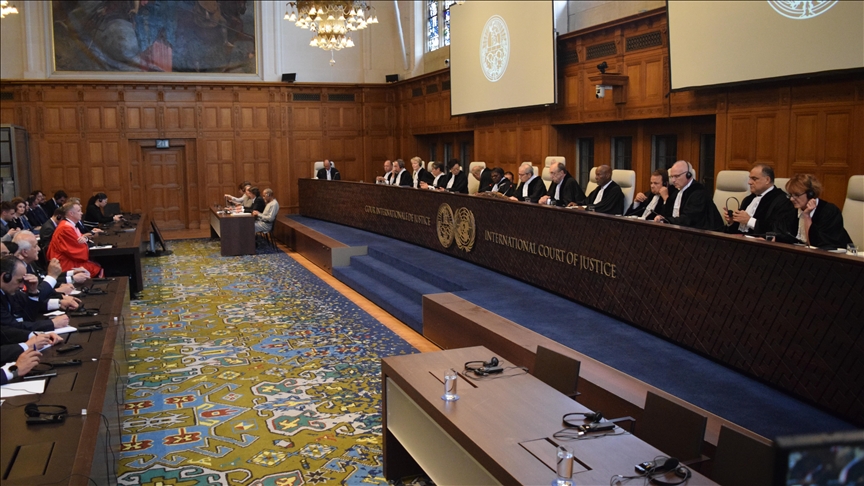The International Court of Justice, one of the principal organs of the United Nations, and hence referred to as the World’s Court, renders advisory opinion on Legal Consequences arising from the Policies and Practices of Israel in the Occupied Palestinian Territory, including East Jerusalem.
It may be recalled that the UN General Assembly requested the advisory opinion and submitted the questions as set forth in resolution 77/247 adopted by the Assembly on 30 December 2022 thus:
“18. Decides, in accordance with Article 96 of the Charter of the United Nations, to request the International Court of Justice, pursuant to Article 65 of the Statute of the Court, to render an advisory opinion on the following questions, considering the rules and principles of international law, including the Charter of the United Nations, international humanitarian law, international human rights law, relevant resolutions of the Security Council, the General Assembly and the Human Rights Council, and the advisory opinion of the Court of 9 July 2004:
(a) What are the legal consequences arising from the ongoing violation by Israel of the right of the Palestinian people to self-determination, from its prolonged occupation, settlement and annexation of the Palestinian territory occupied since 1967, including measures aimed at altering the demographic composition, character and status of the Holy City of Jerusalem, and from its adoption of related discriminatory legislation and measures?
(b) How do the policies and practices of Israel referred to in paragraph 18 (a) above affect the legal status of the occupation, and what are the legal consequences that arise for all States and the United Nations from this status?”
The ICJ in having considered that the questions are legal questions and that the request was made in accordance with the provisions of the Charter and of the Statute of the Court concluded that it has jurisdiction to render the requested opinion.
The ICJ proceeded to state that it is of the opinion that, inter alia, “the State of Israel’s continued presence in the Occupied Palestinian Territory is unlawful”; “that the State of Israel is under an obligation to bring to an end its unlawful presence in the Occupied Palestinian Territory as rapidly as possible”; that “all States are under an obligation not to recognize as legal the situation arising from the unlawful presence of the State of Israel in the Occupied Palestinian Territory and not to render aid or assistance in maintaining the situation created by the continued presence of the State of Israel in the Occupied Palestinian Territory”; that “international organizations, including the United Nations, are under an obligation not to recognize as legal the situation arising from the unlawful presence of the State of Israel in the Occupied Palestinian Territory; and that “the United Nations, and especially the General Assembly, which requested this opinion, and the Security Council, should consider the precise modalities and further action required to bring to an end as rapidly as possible the unlawful presence of the State of Israel in the Occupied Palestinian Territory”.
Read the full opinion here: https://www.icj-cij.org/case/186



